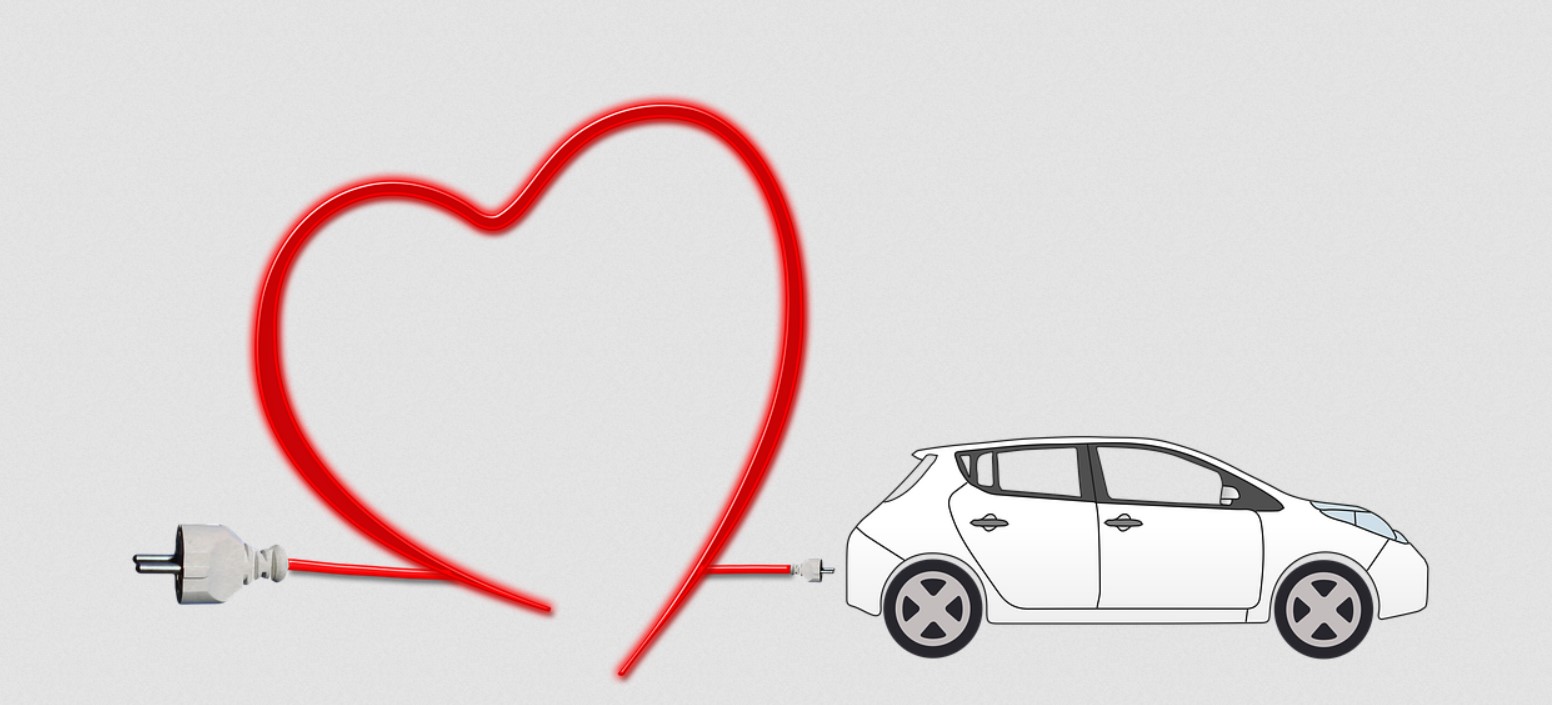 By B.N. Frank
By B.N. Frank
Experts have warned before that charging electric vehicles (EVs) threatens American power grids (see 1, 2). They’ve also warned about high costs associated with EVs (see 1, 2, 3, 4, 5). A new study reveals much of the same and other obstacles.
From Study Finds:
Electric cars being charged at night making America’s power grid unstable
4 hours ago
STANFORD, Cali — Leaving your electric car charging overnight to have it ready in the morning seems like a good idea in theory. But in reality, research suggests doing so does more harm in the long run. Stanford scientists say that it costs more to charge your electric car at night and it could stress out your local electric grid.
Instead, researchers suggest drivers should switch to charging their vehicle at work or in public charging stations. Another added benefit to charging in the daytime at a public station is that it reduces greenhouse gas emissions.
With the effects of climate change more apparent than ever—frequent forest fires, widespread flooding, and stronger hurricanes—car companies are expecting people to start investing in electric-powered cars in the future. For example, California residents are expected to buy more electric cars as the state is planning to ban sales of gasoline-powered cars and light trucks in 2035.
“We encourage policymakers to consider utility rates that encourage day charging and incentivize investment in charging infrastructure to shift drivers from home to work for charging,” says study’s co-senior author, Ram Rajagopal, an associate professor of civil and environmental engineering at Stanford University, in a statement..
So far, electric cars make up one million or 6% of automobile sales in California. The state’s goal is to increase that number to five million electric vehicles by 2030. However, the study authors say that the change from gas to electric will cause a strain in the electric grid when there’s 30% too 40% of cars on the road.
“We were able to show that with less home charging and more daytime charging, the Western U.S. would need less generating capacity and storage, and it would not waste as much solar and wind power,” explains Siobhan Powell, a doctor of mechanical engineering and lead study author. “And it’s not just California and Western states. All states may need to rethink electricity pricing structures as their EV charging needs increase and their grid changes.”
If half of vehicles in the western United States are electric, the team estimates it would take over 5.4 gigawatts of energy storage—equivalent to five large nuclear power reactors—to charge the cars. However, if people charged their electric cars at work instead of home, the electric demand is expected to go down to 4.2 gigawatts.
California currently uses time-of-use rates to encourage people to use electricity at night such as running the dishwasher and charging cars. However, the authors argue that with growing demand of electric cars, this strategy is outdated and will soon incur high demand with low supply. More specifically, the teams says if a third of homes were to charge their electric cars at 11 PM or whenever electricity rates go down, the local grid would become unstable.
“The findings from this paper have two profound implications: the first is that the price signals are not aligned with what would be best for the grid – and for ratepayers. The second is that it calls for considering investments in a charging infrastructure for where people work,” says Ines Azevedo, associate professor of energy science and engineering and co-senior author.
“We need to move quickly toward decarbonizing the transportation sector, which accounts for the bulk of emissions in California,” Azevedo adds. “This work provides insight on how to get there. Let’s ensure that we pursue policies and investment strategies that allow us to do so in a way that is sustainable.”
The study is published in Nature Energy.
Activist Post is Google-Free
Support for just $1 per month at Patreon or SubscribeStar
Experts have also recently warned that Americans should expect more rolling blackouts and that upgrading the U.S. power grid could cost trillions of dollars. Despite all of the above as well as other significant EV related issues (fires, health and environmental risks), EV mandates are being considered in at least 17 states and the Biden Administration has committed $7.5 billion for EV charging stations (see 1, 2). For real!
Activist Post reports regularly about EVs and unsafe technology. For more information, visit our archives.
Become a Patron!
Or support us at SubscribeStar
Donate cryptocurrency HERE
Subscribe to Activist Post for truth, peace, and freedom news. Follow us on SoMee, Telegram, HIVE, Flote, Minds, MeWe, Twitter, Gab, What Really Happened and GETTR.
Provide, Protect and Profit from what’s coming! Get a free issue of Counter Markets today.

Be the first to comment on "New Study: Charging EVs Overnight Costs More and “could stress out your local electric grid”"